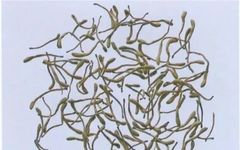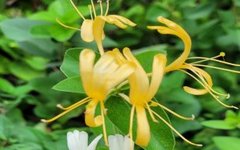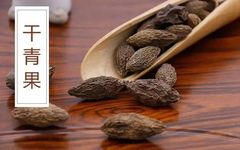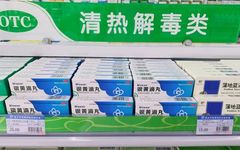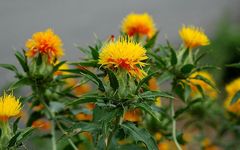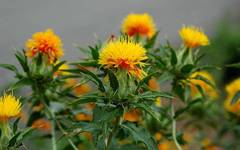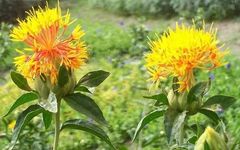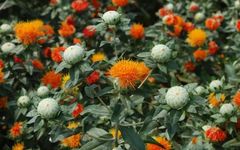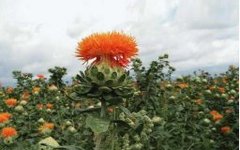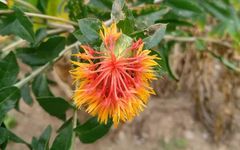Honeysuckle: A Comprehensive Overview
Honeysuckle (Jin Yin Hua)Source This product is the dried flower buds or newly opened flowers of the plant Lonicera japonica (Honeysuckle). Aliases Jin Hua, Yin Hua, Jin Yin Hua, Jin Teng Hua, Ren Dong Hua, Shuang Hua, Er Hua, Er Bao Hua Origin Mainly produced in Shandong and Henan, cultivated in most regions of the … Read more

